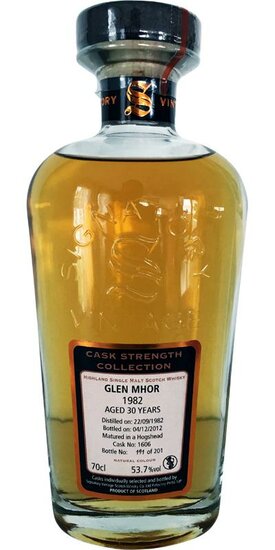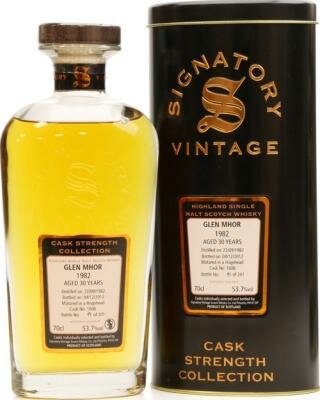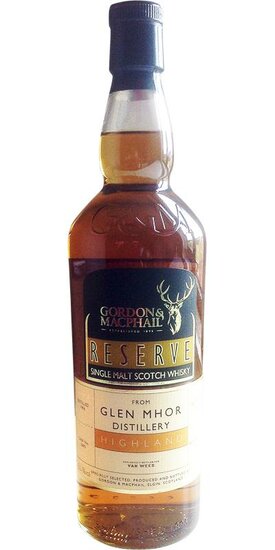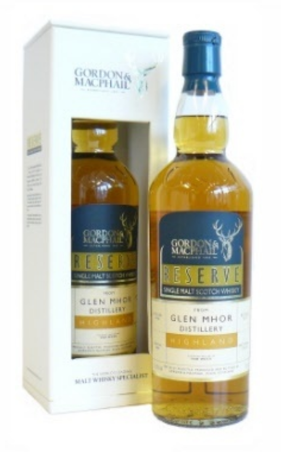Menu
Whisky
Categories
- All whisky's
- All Rum
- All Cognac
- Single Malt Whisky
- Single Grain Whisky
- Blended Whisky
- Whisky Samples
-
Whisky Brands
- Categories
-
Whisky Brands
- Aberlour
- Aberfeldy
- Arran
- Ardmore
- Amrut
- Auchentoshan
- Auchroisk
- Aultmore
- Ardbeg
- Balvenie
- Ballantine's
- Balblair
- Blackadder
- Benromach
- Benrinnes
- Bowmore
- Bimber
- Bladnoch
- BenRiach
- Ballechin
- Bunnahabhain
- Blair Athol
- Ben Nevis
- Bruichladdich
- Cambus
- Cardhu
- Cameronbridge
- Caperdonich
- Caol Ila
- Cotswolds
- Clynelish
- Cadenhead's
- Dalmore
- Dalwhinnie
- ElsBurn
- Edradour
- Fettercairn
- Glenallachie
- Glenrothes
- Glentauchers
- Glen Garioch
- Glendronach
- Gordon & MacPhail
- Glen Scotia
- Glenfiddich
- Glendullan
- Glenmorangie
- Glenglassaugh
- Glen Keith
- Glen Moray
- Glengoyne
- Glenkinchie
- Glenturret
- Glenburgie
- Glenlossie
- Glenfarglas
- Glenlivet
- Glen Grant
- Highland Park
- Hibiki
- Hazelburn
- Hart Brothers
- Invergordon
- Imperial
- Islay Gold
- Inchgower
- Jura
- Jack Daniel's
- Johnnie Walker
- Kilchoman
- Kilkerran
- Kavalan
- Knockdhu
- Littlemill
- Longrow
- Lindores
- Linkwood
- Laphroaig
- Longmorn
- Lagavulin
- Lochlea
- Ledaig
- Mosstowie
- Macallan
- Macduff
- Mortlach
- Murray McDavid
- Millstone
- Nc'nean
- Oban
- Octomore
- Old Pulteney
- Port Charlotte
- Port Ellen
- Port Askaig
- Royal Lochnagar
- Rosebank
- Signatory Vintage
- Springbank
- Strathmill
- Teeling
- Tobermory
- Tormore
- Tullibardine
- Tomintoul
- The Lakes The Whiskymaker's
- The Ultimate
- The Maltman
- Tamdhu
- Talisker
- Tomatin
- Teaninich
- Torabhaig
- Wolfburn
- Weller
- Overige
- Independent bottler
-
Cognac Brands
- Categories
-
Cognac Brands
- Audry
- André Petit
- Charles de Squeyre
- Famille Cabanne
















